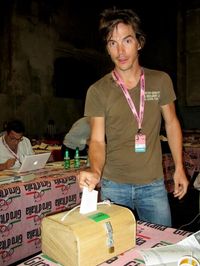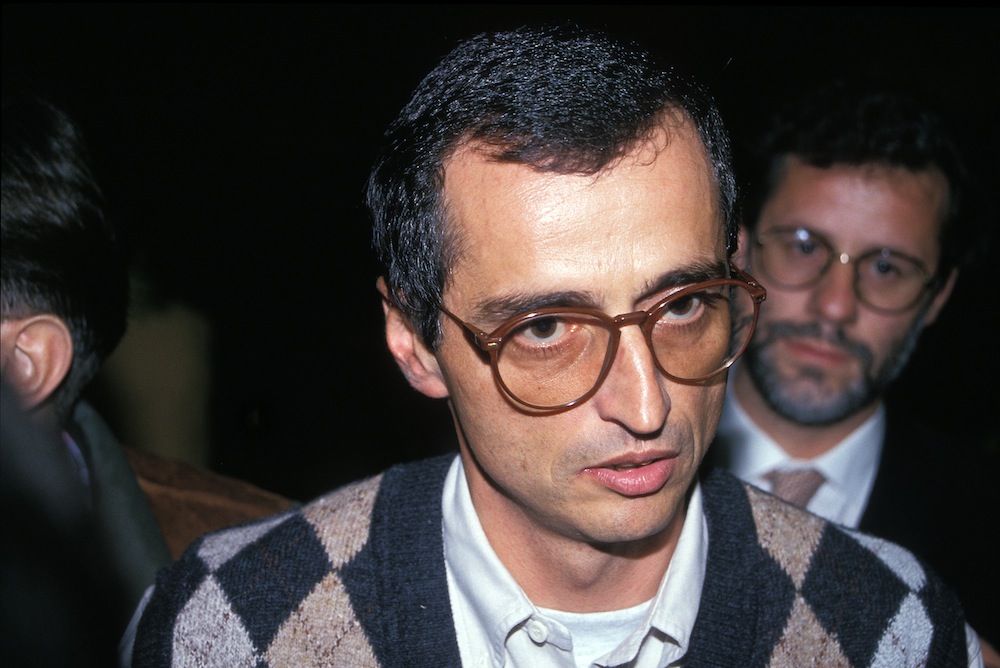Spanish federation hired Ferrari and arranged EPO for 1996 Olympics track cyclists, says report
El País newspaper found evidence that was presented in a CAS hearing


Dr Michele Ferrari Photo: Yuzuru Sunada
The latest race content, interviews, features, reviews and expert buying guides, direct to your inbox!
You are now subscribed
Your newsletter sign-up was successful
The Spanish Cycling Federation hired doping doctor Michele Ferrari and arranged EPO for its track cyclists competing in the 1996 Olympics, says a report in Spanish newspaper El País.
The newspaper found the information in evidence presented as part of a 2016 Court of Arbitration for Sport (CAS) hearing in Lausanne, Switzerland. The hearing was part of Johan Bruyneel's appeal to reduce his 10-year ban linked to the Lance Armstrong doping scandal.
Luis García del Moral, Valencian sports doctor, testified and revealed that when he was the national track team's doctor, the federation paid for Ferrari and for banned drugs.
He said he was a member of the team for five years. He added, "I was responsible for the national track team, but not for the medical controls."
Ferrari worked with him and the cycling federation from 1993 to 1998, he confirmed. "He supplied corticosteroids during this period? That was not the main thing. The main thing was EPO and growth hormones."
He supported his testimony with a spreadsheet dated July 15, 1996, four days before the start of the 1996 Atlanta Games. The document marked "confidential" showed around €80,000 being paid to him by the cycling federation. Around €36,000 he spent in the pharmacy.
Spain's best result in that Olympic Games was fifth in the team pursuit behind winning team France. Juan Martínez Oliver, Joan Llaneras, Adolfo Alperi and Santos González formed the team. Martinez Oliver also took fifth in the individual pursuit. José Manuel Moreno and José Escuredo competed in the sprint competitions.
The latest race content, interviews, features, reviews and expert buying guides, direct to your inbox!
Del Moral later joined team US Postal Service, managed by Bruyneel with star rider Armstrong. Armstrong was also Ferrari's biggest name client.
They won the Tour de France seven times from 1999 to 2005, titles that were stripped after USADA's Reasoned Decision in 2012.
Del Moral and Ferrari both received lifetime bans.
He said he broke his doctor's oath doping riders. "It wasn't for the money," Del Moral added. "When I started with the US Postal, I only earned €6000 for the whole season.
"I don't know how many, but yes, many," he said of the number of riders he served with banned substances. Not just because he was paid to do so, but "because it was part of the system."
Gregor Brown is an experienced cycling journalist, based in Florence, Italy. He has covered races all over the world for over a decade - following the Giro, Tour de France, and every major race since 2006. His love of cycling began with freestyle and BMX, before the 1998 Tour de France led him to a deep appreciation of the road racing season.
